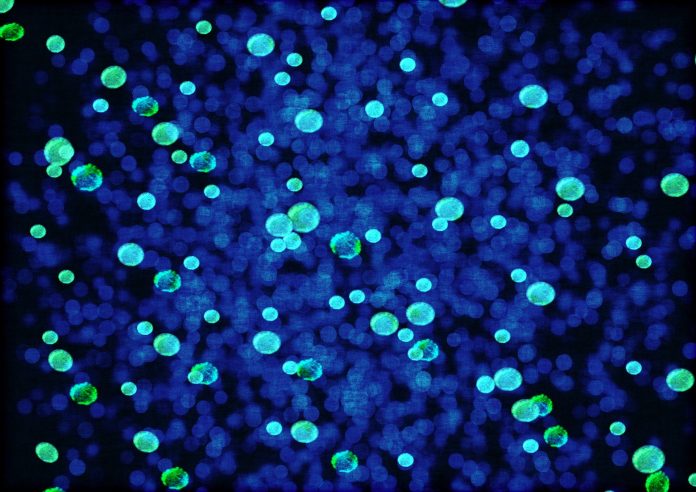Hydraulic fracturing involves forcing open fissures in rocks deep in the earth by introducing high-pressure liquid and other components, including sand and chemicals, to extract oil or gas creating liquid filled cracks. A community of highly interactive microbes – bacteria and viruses, thrive in these crevices and have the ability to produce methane. For the first time, scientists at the Ohio State University are leading a study to understand how these microbes make a living in the briny, high –pressure and high temperature conditions. They are studying 40 samples of the liquid from 5 different fracking wells and conducting their genome analysis. The researchers added a compound called glycine betaine to the samples and tracked gas release over time, confirming that, when prompted, the microbes produced methane. They are keen to know what these organisms can do—to grasp their genomic potential and metabolic interactions—and figure out what impact that might have on the ecosystem.
Researchers opine that the findings of the study will aid the industry to know of potential problems these organisms could pose, if they could prove corrosive, toxic, or otherwise problematic. It will aid researchers to understand life on other planets like Mars, if it existed, due to the similar conditions. Furthermore, the microbes found in the fracking mines have parallels with microbes found in other protein-rich ecosystems, including human gut and soil. They can aid in knowing how plaque forms in our arteries.
































